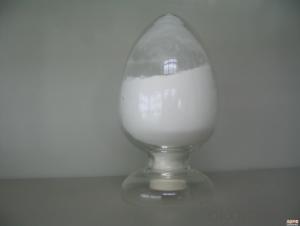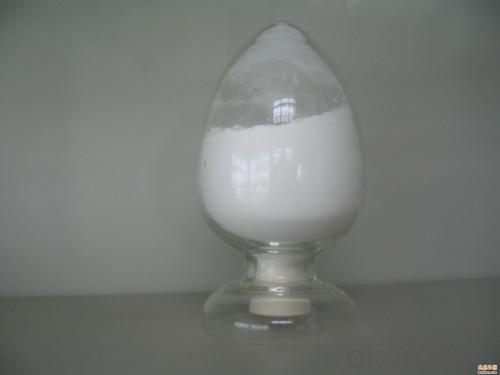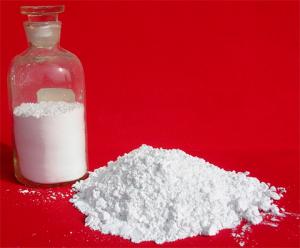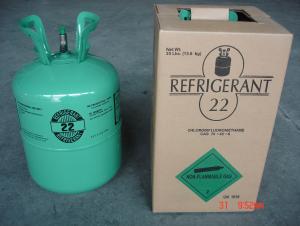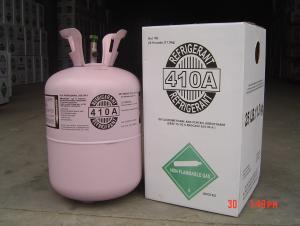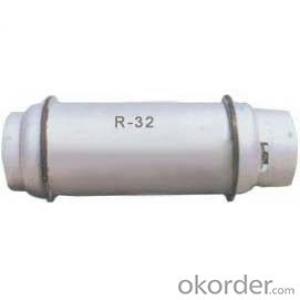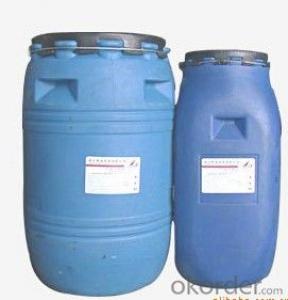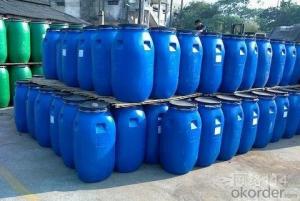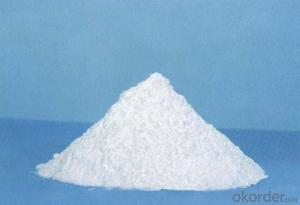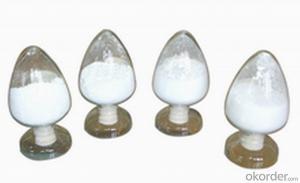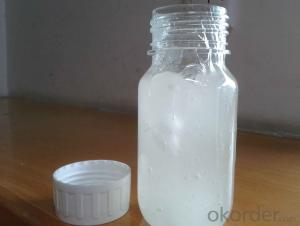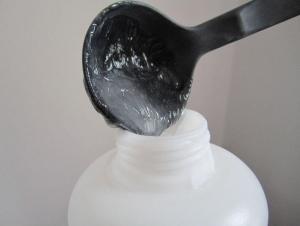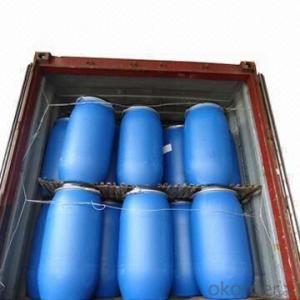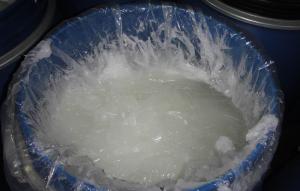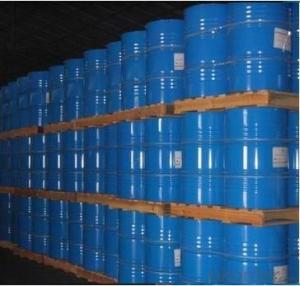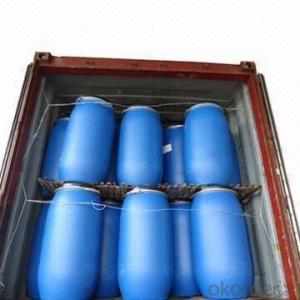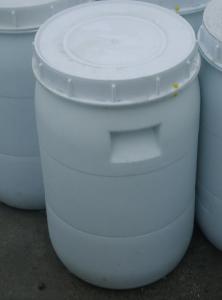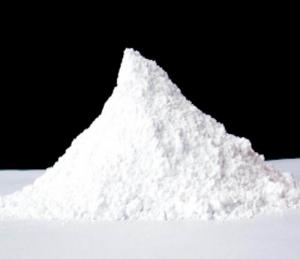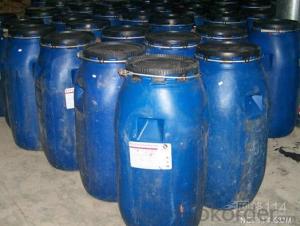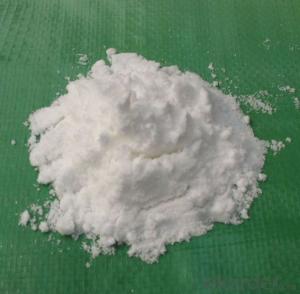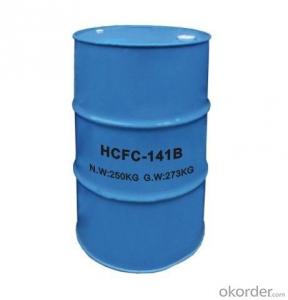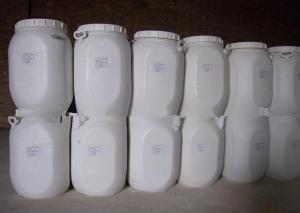Sodium Lauryl Ether Sulphate SLES
- Loading Port:
- China Main Port
- Payment Terms:
- TT OR LC
- Min Order Qty:
- -
- Supply Capability:
- -
OKorder Service Pledge
OKorder Financial Service
You Might Also Like
Packaging & Delivery
| Packaging Detail: | 170kg/220kg/1200kg |
| Delivery Detail: | 7 days |
Specifications
detergent sodium lauryl sulphate / sles liquid
Manufacturer
Delivery on time
Free sample
Best price and quality
1.Paste SLES70%
2.Anionic surfactant SLES 70% (2EO/3EO)
3.Useage:shampoo,dish detergents,complex soap.
4.BV, ISO & SGS Cert.
SLES 70% for Detergent,Sodium Lauryl Ether Sulphate AES AND SLES 2 EO SLES 70%
HOT SALE Sodium Lauryl Ether Sulfate (SLES )
1.Product Name: Sodium Lauryl Ether Sulfate (SLES )
2.Description: SLES is a kind of anionic surfactant with excellent performance.
It has good cleaning, emulsifying, wetting, densifying and foaming performance,with good solvency, wide compatibility, strong resistance to hard water, high biodegradation, and low irritation to skin and eye.
3.Technical data:
Item | Index | measuring method | |
70% | 28% | ||
Appearance | White to yellowish paste | Colorless to yellowish clear liquid | eye measurement |
Active matter, % | 70±2 | 28±1 | GB/T 5173-1995 |
Sodium sulfate, % (relative to 100% active matter ) | 1.5 max. | 1.5 max. | GB/T 6366-1992 |
Unsulfated matter, %( relative to 100% active matter) | 2.0 max. | 2.0 max. |
|
pH value (1% a. m.) | 7.0~9.0 | 7.0~8.5 | GB/T 6368-1993 |
Color, Hazen (5% a. m.) | 20 max. | 10 max. | GB/T 3143-1982 |
4.Application
1.Liquid diswashing agents
2.light-duty detergents
3.shampoo, shower gels, foam baths
4.suited for highly concentrated endproducts
5.Packaging: 110kg /170kg/220kg (N.W.) per plastic drum.
- Q: The role of sugar in the human body?
- Toxicity: Carbohydrate is the main source of heat, each carbohydrate can provide 4 kcal of calories. Carbohydrates in the exercise after oxidation, the final product for the carbon dioxide and water, the body without any harm. The brain needs glucose As the only energy source, if the blood glucose levels decline, there will be low blood sugar, the brain adversely affected.
- Q: Chemical life network: chemical (inorganic reaction, organic reaction) is equal to the life of life reaction?
- Organic chemistry is the study of the origin of organic compounds, preparation, structure, properties, applications and related theories of science, also known as carbon compounds.
- Q: What is the hydrocarbon thing
- Hydrocarbons can be divided into: open chain hydrocarbons (carbon atoms in hydrocarbon molecules in open chain) - saturated hydrocarbons - alkanes - unsaturated hydrocarbons - olefins and polyolefins (carbon - carbon double bonds, unstable) - alkynes and (Cyclopentane) - cycloalkene - cycloalkyne aromatic hydrocarbon - monocyclic aromatic hydrocarbon (benzene and its homologues) - fused ring aromatic hydrocarbons (Polycyclic aromatic hydrocarbons and their homologues) - polycyclic aromatic hydrocarbons (naphthalene, anthracene and other condensed ring aromatic hydrocarbons and their homologues) all hydrocarbons are hydrophobic, that all the hydrocarbons are not soluble in water and coal The main ingredients are hydrocarbons
- Q: Why is dry ice not organic?
- Inorganic compounds are pure metals that do not contain carbon and a collection of simple carbon compounds such as carbon monoxide, carbon dioxide, carbonates, carbonates and carbides.
- Q: The main role of sugar?
- The energy of life
- Q: What are the inorganic compounds
- The precise organics are defined as: hydrocarbons and their derivatives. The derivative is the product of the hydrogen atom H being replaced by other radicals
- Q: How to do it? Solve Inorganic Chemistry
- Inorganic chemistry is one of the earliest disciplines in the development of chemical science. It undertakes a major task of studying the composition, structure, properties and reactions of all elements and elements (except hydrocarbons and derivatives). The current development of inorganic chemistry has two distinct trends, that is, in the breadth of the broadening and depth of the advance. It is the three pillars of modern civilization
- Q: What are the indicators of alcohol alcohol?
- Just brewed liquor for some time, so that miscellaneous taste volatile, drinks inside the alcohol molecules and water molecules together, the wine will become soft.
- Q: What is a derivative?
- Derivative refers to a compound formed by the substitution of atoms or radicals in a parent compound molecule by other atoms or radicals, known as derivatives of the parent compound. Derivatives named, the general parent compound as the main body, with other groups as a substituent. Such as: halogenated hydrocarbons, alcohols, aldehydes, carboxylic acids can be seen as derivatives of hydrocarbons, because they are hydrogen atoms of hydrocarbons are replaced by halogen, hydroxyl, oxygen and other products
- Q: Carboxylic acid and carboxylic acid
- The carboxylic acid can not react with the carboxylic acid, which is esterified with a hydroxyl alcohol, for example, acetic acid (acetic acid) reacts with ethanol (alcohol) to produce ethyl acetate with a special flavor.
Send your message to us
Sodium Lauryl Ether Sulphate SLES
- Loading Port:
- China Main Port
- Payment Terms:
- TT OR LC
- Min Order Qty:
- -
- Supply Capability:
- -
OKorder Service Pledge
OKorder Financial Service
Similar products
Hot products
Hot Searches
Related keywords
